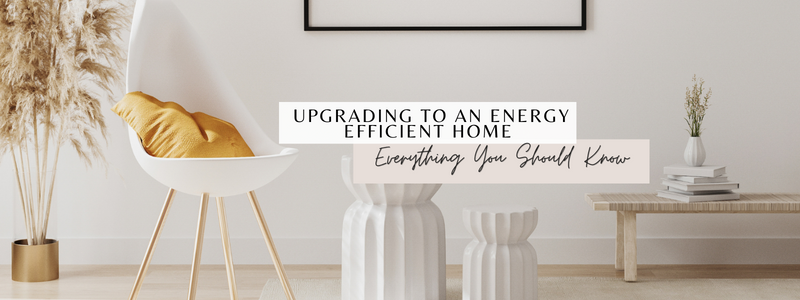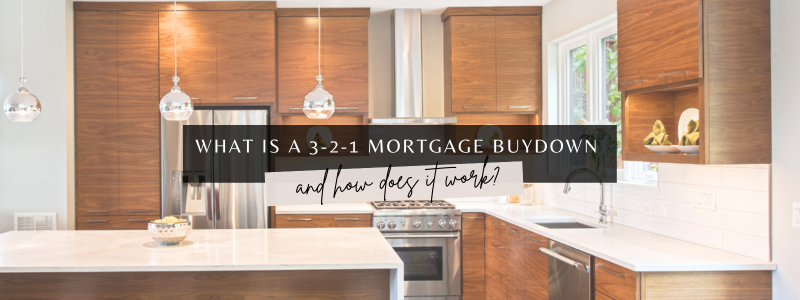
Your Credit Score: The Magic Number Behind Your Mortgage Dreams!
Your Credit Score: The Magic Number Behind Your Mortgage Dreams!
Ready for some real-life magic? Not the ‘rabbit from a hat’ sort, but the kind that unlocks the door to your dream home! Yep, I am talking about that seemingly mysterious three-digit number – your credit score! But does it really hold the key to your mortgage approval? Let’s spill the tea!
Okay, imagine for a second your credit score is like a report card from your days in school. But instead of grading you on math or English, it’s judging your debt handling skills. Sounds scary? Fear not, we’ve got the deets right here!
1. Credit Score: The Mortgage Gatekeeper
In the mortgage world, your credit score is a VIP (Very Important Pointer). Lenders use it to gauge if you’re a risky bet or a sure thing. The higher the score, the less likely you are to default on your loan, in their eyes at least. So, the magic does exist! Your score can seriously sway your mortgage approval chances.
2. Credit Score Tiers: Which Club Do You Belong To?
Now that you’re in on the secret, where do you stand? Credit scores usually range from 300 to 850. If you’re sporting a 740 or higher, you’re in the elite club! Lenders will be lining up to roll out the red carpet for you. If you’re between 670 and 739, you’re in the ‘good’ zone. Scores below 670 might mean you need to roll up your sleeves and boost your number before house hunting.
3. The Interest Rate Twist
Here’s the twist: it’s not just about the approval, your credit score also affects your mortgage’s interest rate. Higher score equals lower rates. Think of it like a seesaw, when one goes up, the other comes down.
4. Credit Score: The Repair Manual
If your score isn’t quite hitting the high notes yet, don’t lose hope. It’s like a bad haircut – with time and a little TLC, it can be fixed. Start by paying your bills on time, every time. Also, try to pay down your debts, especially on credit cards. Keeping your credit usage low is a good look in the credit world.
5. The Big Reveal: Lenders Consider More Than Just Your Score
Plot twist! While your credit score plays a huge role, it’s not the only character in your mortgage approval story. Lenders also consider your income, employment history, and debt-to-income ratio. Even with a not-so-great score, these factors could swing the pendulum in your favor. So, if your score is low, don’t despair, your mortgage dreams can still be a reality!
In the end, remember, your credit score isn’t just a number – it’s your golden ticket to your dream home! So take care of it, nurture it, and before you know it, you’ll be holding the keys to your castle. And hey, if your score isn’t up to par yet, don’t fret. A bit of financial polish, some time, and responsible habits will have your score climbing up the ladder.
Well, that’s all folks, your credit score 101! Now, armed with your newfound knowledge, it’s time to conquer the mortgage world. Will your credit score magic open the gates to your dream home? Only one way to find out! Good luck, credit wizards!
(Note: The above blog is a fun interpretation of how credit scores affect mortgage approvals. Readers are advised to seek personalized financial advice for a comprehensive understanding of their situation.)
 Facebook
Facebook
 X
X
 Pinterest
Pinterest
 Copy Link
Copy Link

